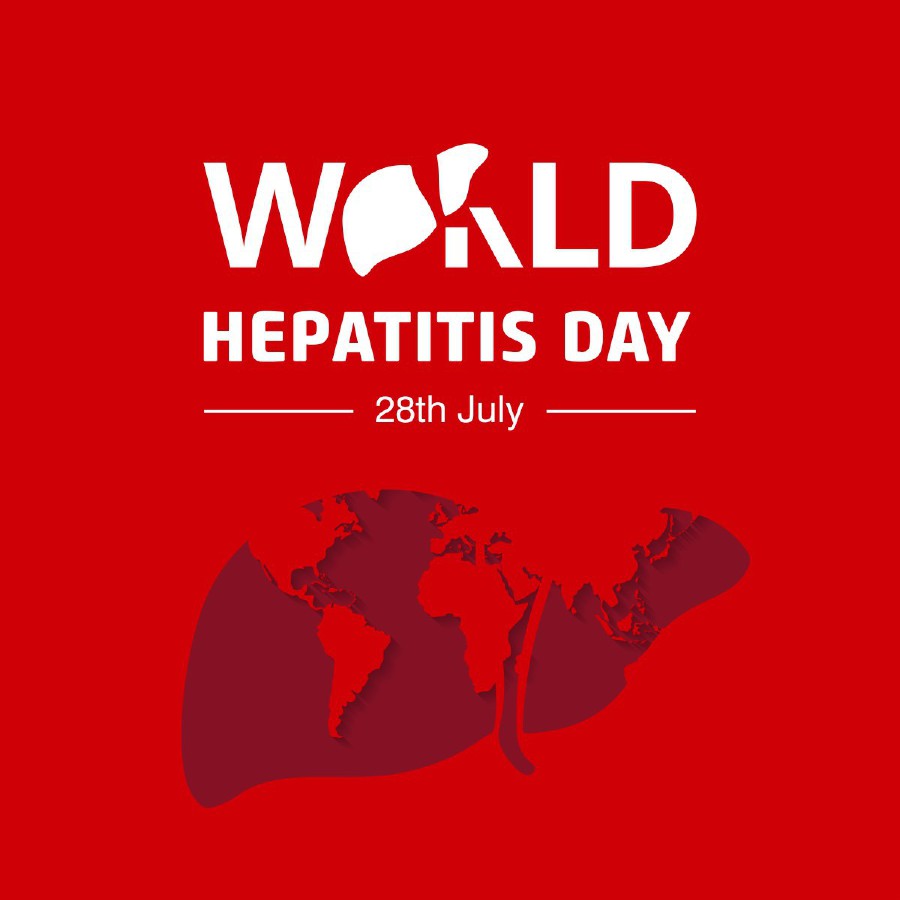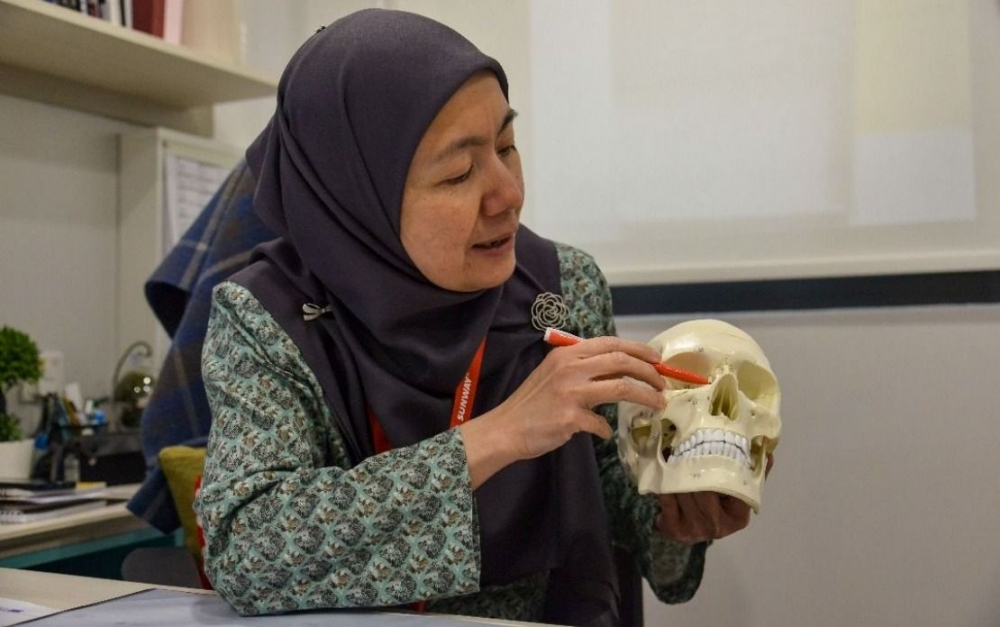World Hepatitis Day: get screened and treated
VIRAL hepatitis is the seventh most common cause of mortality in the world, and of all viral hepatitis-related deaths, approximately 48 per cent are attributable to the hepatitis B (HBV) and hepatitis C (HCV) viruses.
However, up to 95 per cent of those living with hepatitis are unaware and undiagnosed.
Malaysia has had a National Hepatitis B Vaccination Programme for all newborns since 1989.
The prevalence and health impact of hepatitis B will gradually diminish in our population over time, however, many Malaysian adults (those born before 1989) will have been exposed without the protection of the vaccine, and they will require screening for Hepatitis B and treatment if tested positive.
Unlike hepatitis C, hepatitis B is not yet curable but it is treatable.
The current available treatments are not curative, which means a person with hepatitis B will often need to be on life-long therapy. But not all who test positive require treatment. Treatment is initiated only when the hepatitis B virus in the liver is active and there is evidence of liver disease.
A person with persistent hepatitis B infection therefore requires regular monitoring of his blood to detect the activity of the virus.
Early treatment can prevent cirrhosis (end stage liver disease) and liver cancer.

VIRAL HEPATITIS
Viral hepatitis is an infection that causes liver inflammation and damage. Inflammation occurs when tissues of the body become injured or infected. If the inflammation is severe, it can damage organs.
Hepatitis A and E typically spread through contact with food or water that has been contaminated by an infected person's stool.
People may also get hepatitis E by eating undercooked meat, seafood or shellfish. Hepatitis A and E viruses typically cause only acute, or short-term infections. In an acute infection, the body is able to fight off the infection and the virus goes away.
Hepatitis B, C, and D spreads through contact with an infected person's blood. These diseases may also spread through contact with other body fluids. This contact can occur in many ways, including sharing drug needles or having unprotected sex.

According to the Ministry of Health, the complications of chronic hepatitis B and C infections such as cirrhosis (end-stage liver fibrosis) and liver cancer – are responsible for 94 per cent of deaths associated with hepatitis infections in Malaysia.
Hepatitis B can be prevented by vaccination. In healthy
people, routine immunisation results in more than 95 per cent them being protected.
It is recommended that chronic hepatitis B patients regularly follow up with their doctors for a liver function test and liver ultrasound every 6 months.There is no vaccine available for hepatitis C to date.
For hepatitis B and C patients, they should avoid taking hepatotoxity agents, herbs, painkillers and practice safe sex, avoid tattooing and body piercing.
They must also practice a healthy lifestyle such as exercising regularly, have a balanced diet and get enough rest.
Think positively and always follow up with doctors and all supporting groups, early screening and regular monitoring will have favourable outcomes for this disease.
*The writer is a gastroenterologist at Sunway Medical Centre Velocity (SMCV).
Was this article helpful?
0 out of 0 found this helpful
Suggest to Read









